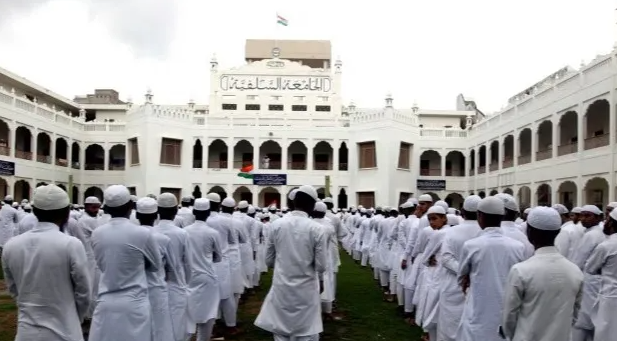The Bihar government has unveiled a significant initiative to enhance educational and community services by constructing multipurpose buildings on land owned by the Bihar State Waqf Board. This move is part of a broader strategy to optimize the use of Waqf properties and to support the educational infrastructure in the state.
As part of this ambitious project, the government also plans to establish 21 new madrasas across various districts of Bihar. These institutions will offer a blend of traditional Islamic education along with a modern curriculum, ensuring that students receive a well-rounded education. The initiative is seen as a crucial step in empowering the Muslim community in Bihar, providing them with more educational opportunities and improving access to essential services.
The multipurpose buildings, which will be constructed on Waqf Board land, are expected to serve a variety of community needs. They will host educational institutions, community centres, and other facilities that can be utilized for public benefit. By using Waqf land for such purposes, the government aims to preserve the religious and cultural significance of these properties while also contributing to the overall development of the community.
The move has been welcomed by many as a progressive step towards community development and inclusivity. Officials from the Bihar government have stated that the construction of these buildings and the establishment of new madrasas will begin shortly, with plans already in place to identify suitable locations and allocate necessary funds.








 India
India












